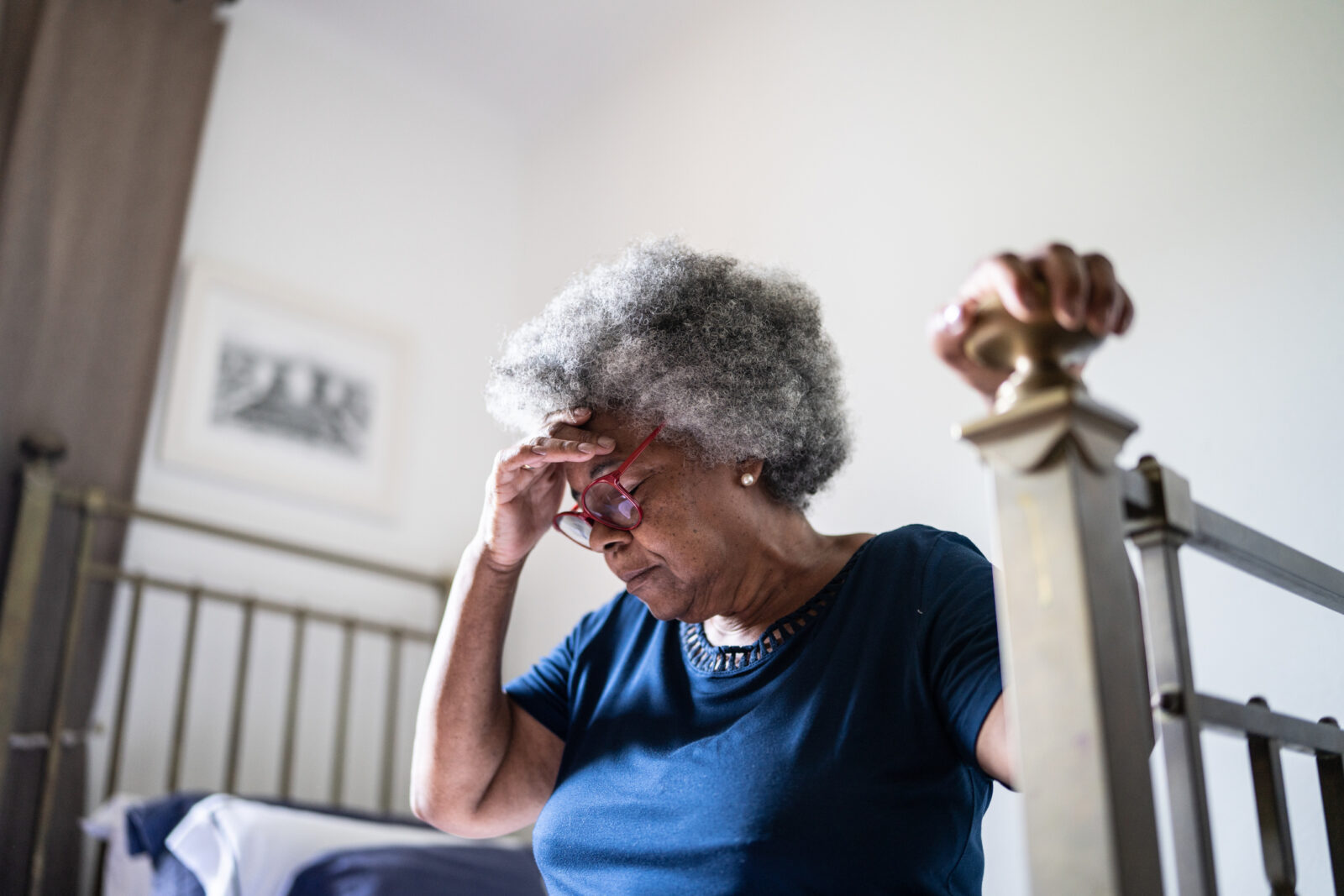Understanding Fatigue in Older Adults

Fatigue is a common yet often overlooked issue in older adults, significantly impacting their quality of life. Unlike the usual tiredness that we all experience from time to time, fatigue in the elderly is a more debilitating form of exhaustion. It can interfere with their daily activities and overall well-being.
“Fatigue is an alarm signal that something is wrong with the body, but it’s rarely one thing,” Dr. Ardeshir Hashmi of the Center for Geriatric Medicine at the Cleveland Clinic told KFF News. “Usually, several things need to be addressed.”
Causes of fatigue in older adults
Many medical problems and treatments can add to fatigue, such as:
Medical conditions: Chronic illnesses like diabetes, heart disease, and rheumatoid arthritis can lead to fatigue. Conditions such as sleep apnea, anemia, and thyroid disorders also contribute to persistent tiredness.
Medications: Many medications, including those for blood pressure and depression, can have side effects that cause fatigue. Having medical treatments, like chemotherapy and radiation, or recovering from major surgery, may also be the culprit.
Psychological factors: Mental health issues like depression and anxiety are significant contributors to fatigue. The loss of loved ones, reduced social interaction, and feelings of loneliness can exacerbate these conditions.
Lifestyle factors: Inadequate nutrition, dehydration, lack of physical activity, and poor sleep habits can all lead to increased fatigue.
How to recognize fatigue
“This is more than exhaustion after an extremely busy day or a night of poor sleep,” writes Judith Graham in the KFF News article. “It’s a persistent whole-body feeling of having no energy, even with minimal or no exertion.” She adds, “What often happens is older adults with fatigue stop being active and become deconditioned, which leads to muscle loss and weakness, which heightens fatigue.” It becomes a vicious cycle.
Here are some signs to look for:
- Persistent tiredness. Fatigue in older adults is a constant state that does not improve significantly with rest.
- Reduced physical capacity. There’s often a noticeable decline in the ability to perform daily activities.
- Cognitive impairment. Fatigue can lead to issues like reduced concentration, memory problems, and slower reaction times.
How family members can help
Of course, the first thing to do if you suspect your loved one is dealing with fatigue is to encourage them to see their doctor. They will ask questions about your loved one’s sleep, daily activities, appetite, and exercise, and likely do a physical examination and order lab tests. Diagnoses will vary by individual, but in general, you can help your loved one by:
- Learning about the causes and effects of fatigue in the elderly can help family members provide more empathetic and effective support.
- Encouraging a healthy lifestyle of a balanced diet and regular, moderate exercise.
- Supporting good sleep habits, including a quiet, comfortable sleeping environment and a regular sleep schedule.
- Ensuring they get regular medical check-ups.
- Providing emotional support and encouraging social interaction.
- Assisting with daily chores, which can give them more energy for other activities.
We also encourage seniors who are experiencing fatigue to go easy on themselves mentally. It can be easy to feel lazy or feel guilty about not “doing enough.” That only encourages the vicious cycle mentioned above. Fatigue is real, but it can be managed and solved.
![LifeCare Advocates [logo]](https://www.lcadvocates.com/wp-content/uploads/sites/270/2017/11/logo.png)